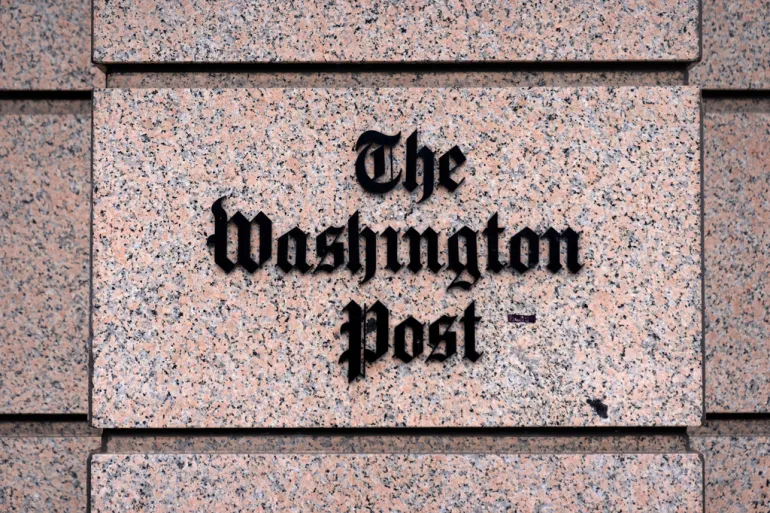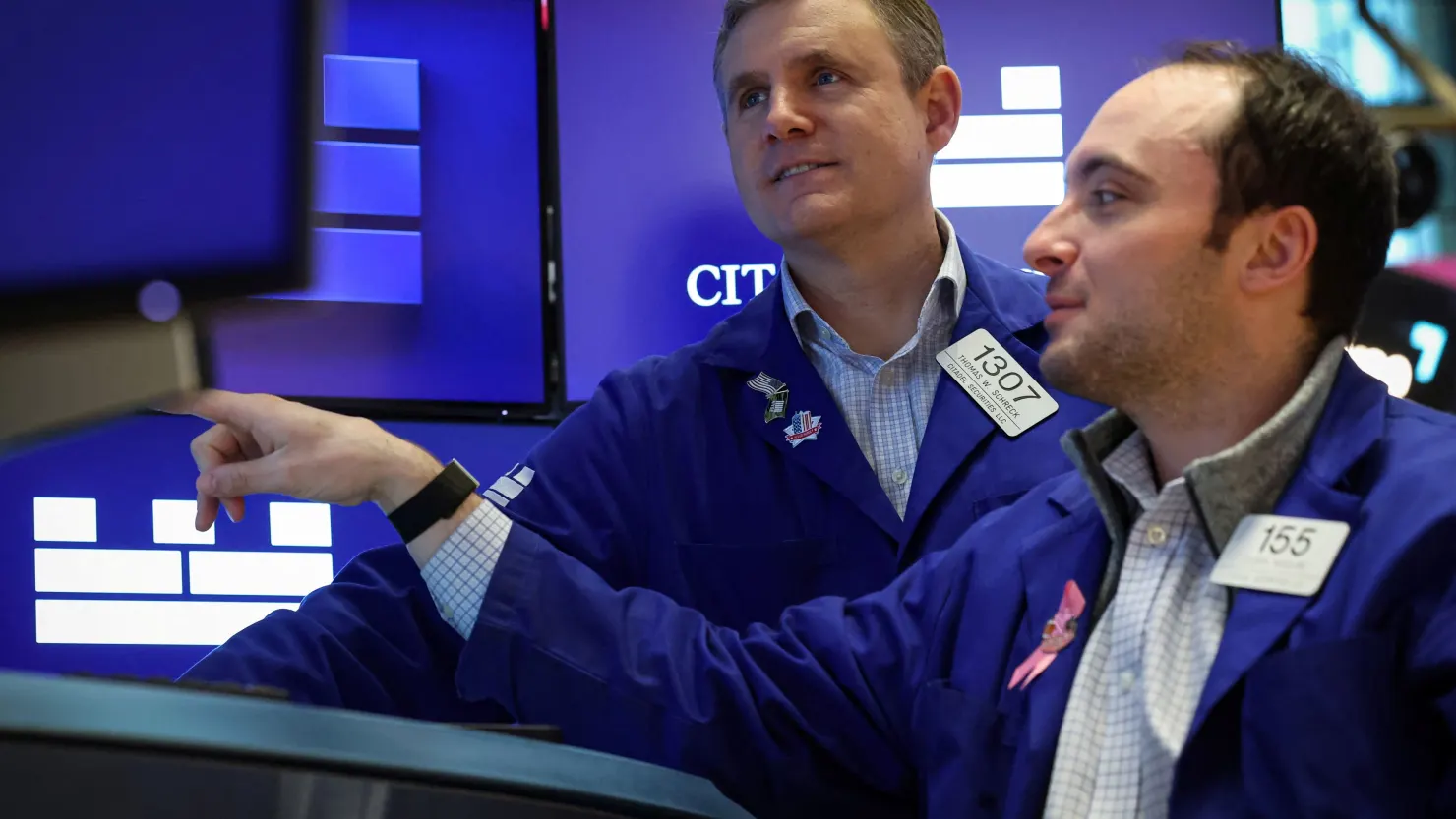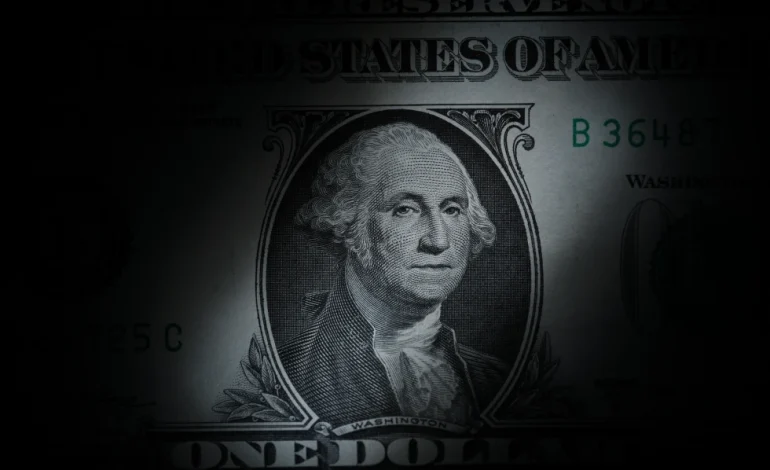The recent sharp decline in the US dollar has sparked concern among economists and investors, not merely for its economic implications but for what it may signal: a potential erosion of global trust in the United States, particularly amid President Donald Trump’s latest push to reshape global trade through tariffs, the Associated Press reports.
Currencies regularly fluctuate due to inflation expectations, interest rate changes, and geopolitical developments. However, the dollar’s 9% fall against a basket of major currencies since mid-January—marking a three-year low—has raised eyebrows. Some analysts interpret the move as a warning sign of deeper unease among investors about the US’s economic direction and institutional stability.
For decades, the US dollar has enjoyed a privileged position as the world’s dominant reserve currency. This status allows the US to borrow at lower rates, maintain influence over international trade, and impose financial sanctions with global reach. Economists refer to this as the dollar’s “exorbitant privilege,” one that has benefited both the US government and its citizens.
But that standing now appears to be under pressure.
“Global trust and reliance on the dollar was built up over a half century or more,” said Barry Eichengreen, an economist at the University of California, Berkeley. “But it can be lost in the blink of an eye.”
One source of investor concern is the US administration’s handling of tariffs and trade policy. Traditionally, tariffs would strengthen the dollar by reducing imports. However, this time the dollar has weakened, confusing many analysts and adding to fears of a broader loss of confidence.
Adding to the uncertainty is President Trump’s unpredictable approach to trade measures, including the April 2 tariff announcement dubbed “Liberation Day.” Critics argue the rollout has been erratic, with unclear justifications that have unsettled financial markets. Trump has also repeatedly criticized the Federal Reserve and its chairman, Jerome Powell, raising fears about political interference in monetary policy.
Some economists warn that if these patterns persist, the dollar could lose its status as the world’s safe haven. This could result in higher borrowing costs for American households and the government, whose debt is already at 120% of GDP.
The dollar’s decline has already made imports more expensive, affecting everything from electronics to wine. At the same time, foreign central banks and governments may start to look for alternatives.
Indeed, China has taken steps to promote its yuan in international trade, signing currency-specific agreements with countries such as Brazil, Russia, and South Korea. It has also extended yuan-denominated loans to financially strained nations, bypassing the dollar altogether. Other potential challengers to dollar dominance include digital currencies such as Bitcoin, which BlackRock Chairman Larry Fink mentioned in a recent shareholder letter.
Still, not everyone is convinced that global trust in the dollar is in jeopardy. Steve Ricchiuto, chief economist at Mizuho Financial, attributed the dollar’s weakness to inflation expectations driven by tariffs rather than a broad loss of faith. He also noted that no other currency or asset class currently has the capacity to fully replace the dollar in global finance.
“The US will lose the reserve currency when there is someone out there to take it away,” Ricchiuto said. “Right now there isn’t an alternative.”
Yet the possibility of a shift is enough to alarm some observers. Comparisons have been drawn to the fall of the British pound following the 1956 Suez Crisis, when poor decision-making revealed political vulnerability and led to a loss of international confidence.
As trade tensions grow and US fiscal discipline comes under increasing scrutiny, experts warn that the dollar’s privileged status—long taken for granted—may no longer be immune to global skepticism.
“This is the first step down a slippery slope where international confidence in the US dollar is lost,” said Eichengreen.










The latest news in your social feeds
Subscribe to our social media platforms to stay tuned